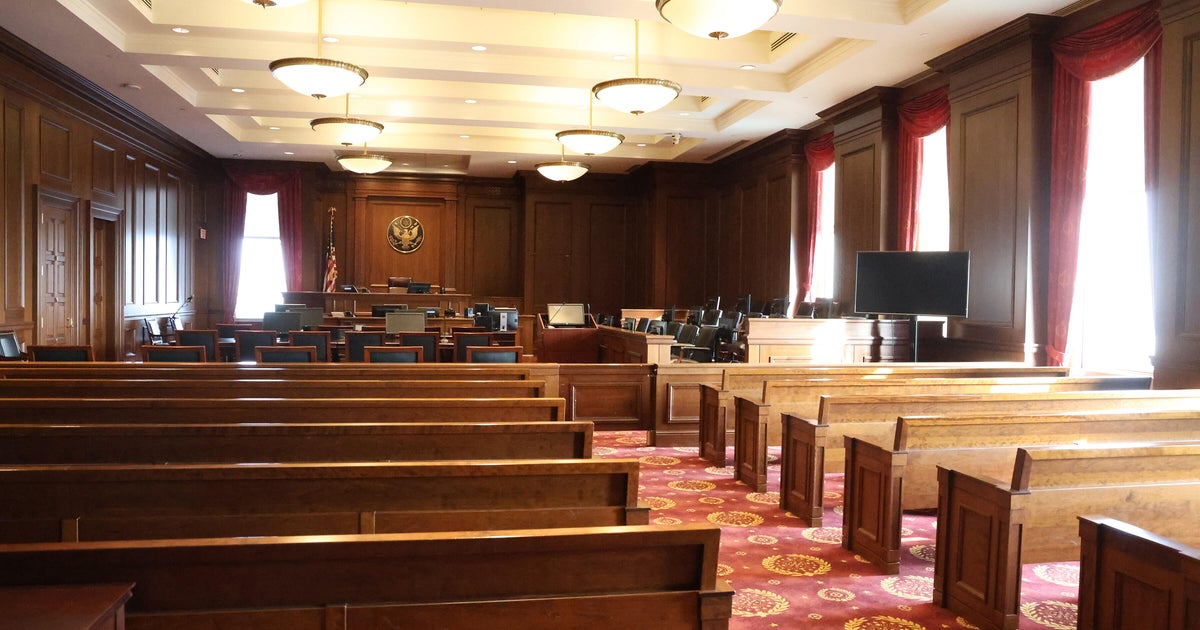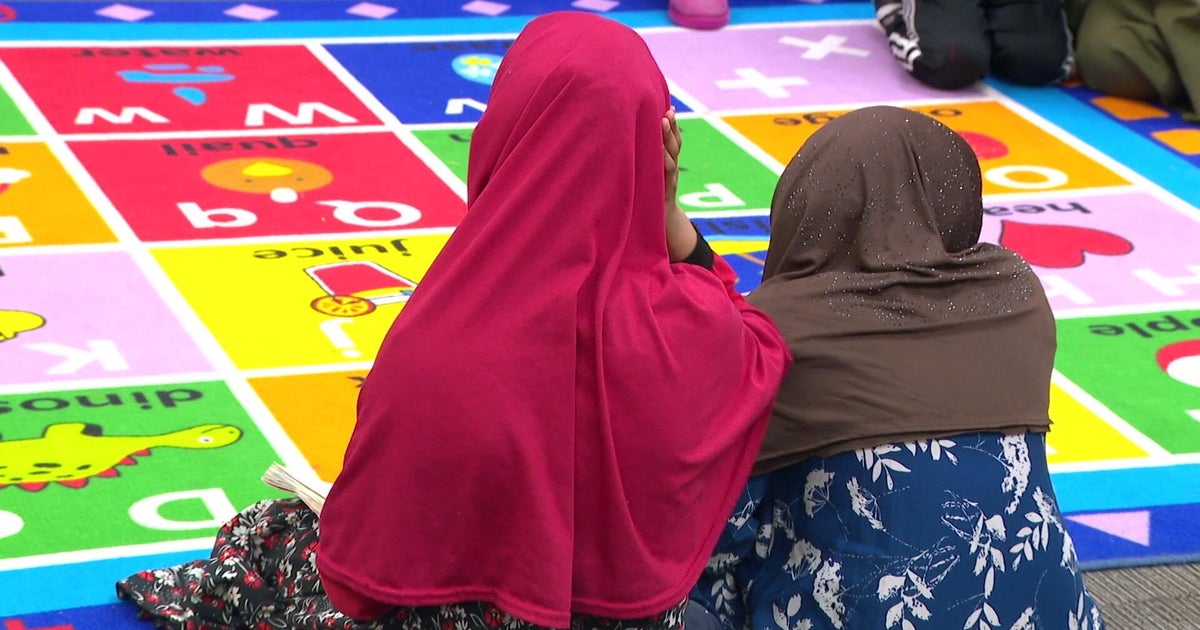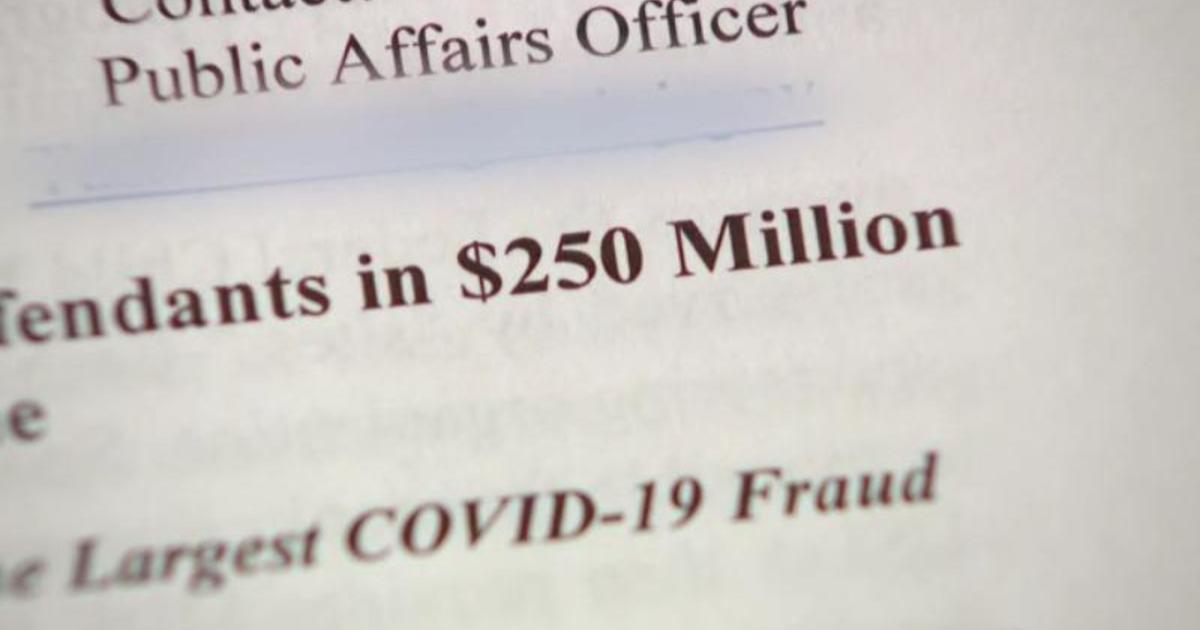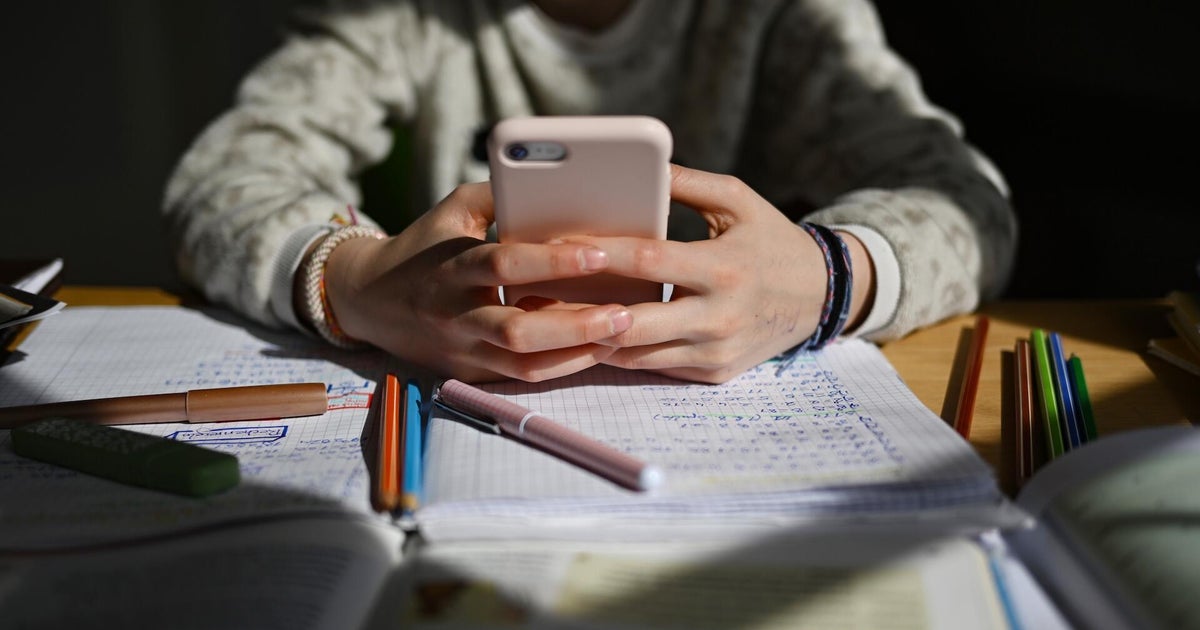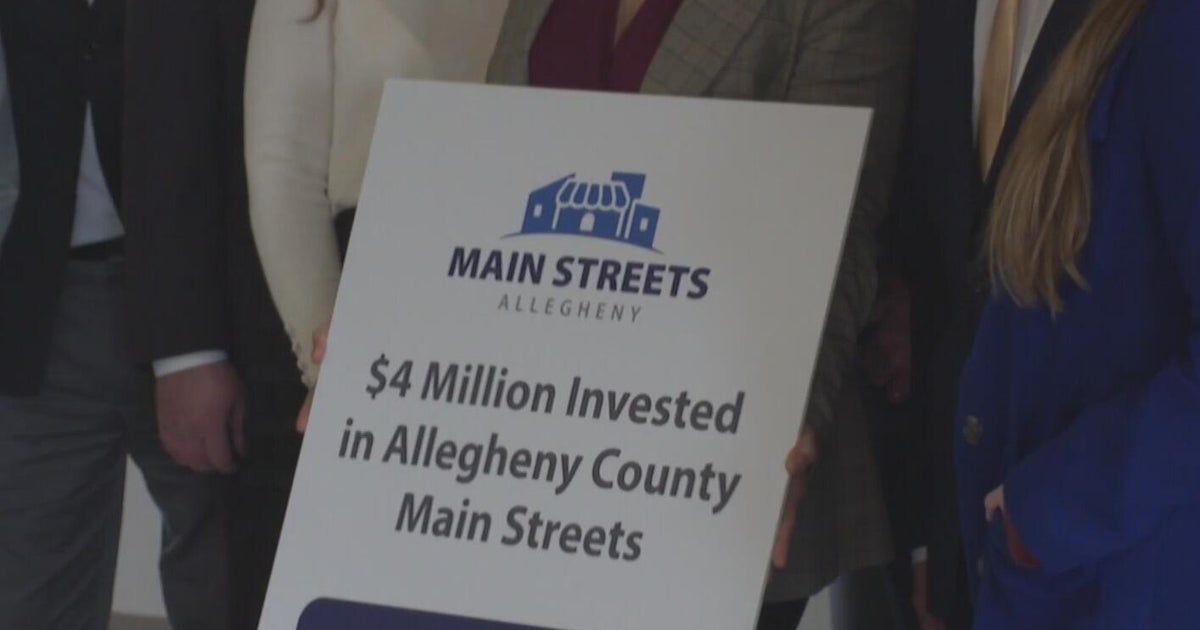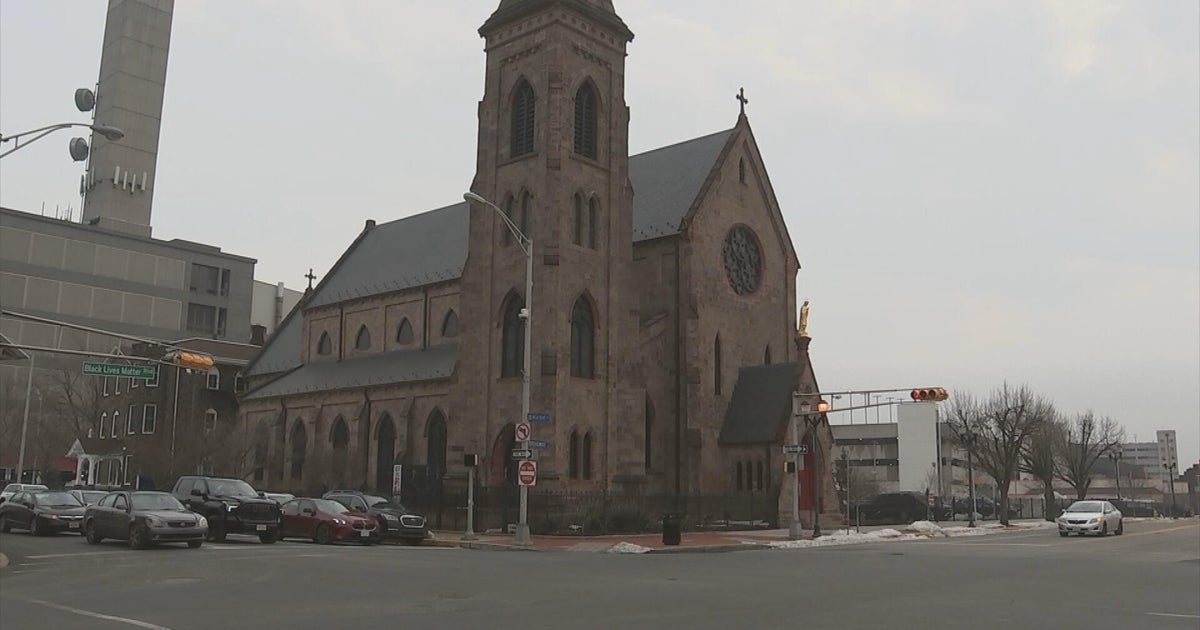Government's Free Phone Program Riddled With Abuse, Fraud
DENVER (CBS4) - A federally regulated program providing free cellphone service and phones to the poor and needy in Denver appears to be riddled with waste, fraud and abuse, according to an undercover CBS4 Investigation.
The $2 billion a year Lifeline program has handed out more than 13 million free cellphone plans across the country in the first six months of this year. In Colorado, the program handed out more than 117,000 free cellphone plans in the first half of this year, or about 20,000 cellphones every month.
The free phones and their wireless plans are paid for by a monthly tax on your cellphone, called the Universal Service Tax. Although the Lifeline wireless program has been around since 2005 and started under president George W. Bush, it has exploded under President Obama's administration and the phones are often referred to as "Obamaphones."
The program has strict guidelines. To qualify, you have to be on food stamps, Medicaid, housing assistance or some other government program to prove that you are low-income. The idea is that people who could not otherwise afford mobile phones would have them to help look for jobs, call 911 in an emergency or stay in touch with family members.
But on multiple trips to Colfax Avenue and Broadway in Denver, where multiple distributors set up their tents to hand out free cellphones, a CBS4 producer and reporter found the phone agents willing to circumvent strict government rules designed to ensure that only the truly needy get the free phones. The vendors receive massive government subsidies to hand out the phones and the accompanying monthly plans.
"Want to sign up for a free phone?" an agent representing Total Call mobile asked a CBS4 producer. The representative then asked if the undercover producer had a food stamp card, a Medicaid card or any other evidence that he qualified for a phone.
"No," replied the CBS4 employee. But one of the cellphone agents then ordered his colleague to "push it through," by using someone else's food stamp card to provide eligibility for the CBS4 employee.
"Did you just use that guy's food stamp card for me?" questioned the CBS4 employee.
"Yeah," responded the Total Call representative. "It's verification that you are on some kind of assistance program. It's to get you through."
He promptly gave the CBS4 worker a free phone. The Total Call agent said he received $3 for every phone he is able to give away.
Mark Wigfield, Deputy Director of media relations for the FCC, which oversees the Lifeline program, said using someone else's food stamp card to get a phone is a clear violation of program guidelines.
"Lifeline providers may not activate service for a consumer unless that consumer is eligible for the program and provides proof of eligibility. Lifeline rules," said Wigfield, "are enforceable rules and punishable by fines and other means."
But over and over, wireless phone company representatives proved eager to bypass federal rules so they could hand out phones.
Approached by a CBS4 reporter and producer, a representative of another cellphone company said it would be fine to use another person's food stamp card to establish eligibility. She said it would be acceptable to pass off someone else's food stamp card "as long as she hasn't already used it." The woman then said anyone could get a phone for someone else "as long as you bring their ID and card."
At a Total Call phone tent, CBS4 Investigator Brian Maass asked a representative if he could use a friend's food stamp card to establish eligibility and obtain a free phone. "Sure can," replied the representative.
"My driver's license and his food stamp card is OK?" Maass asked.
"Yeah," replied a phone agent.
"But the phone is for me, though," Maass said. "That's fine," responded the Total Call distributor.
Hideki Kato, Chief Operating Officer for Total Call mobile, said, "If protocols and procedures have been violated, we take appropriate action against agents or distributors including their possible termination." Kato said after CBS4 contacted him, the company identified and corrected the issue, although he declined to provide specifics. Kato said Total Call Mobile utilizes distributors in Colorado who hire and train agents. He said the people passing out the free phones in Denver were not Total Call employees but had been hired by a Total Call distributor.
But the abuse appears to be occurring on the part of phone recipients of the free phones as well. Over and over, men and women who obtained the free phones told CBS4 they were already paying for iPhones or smartphones but couldn't resist getting a free phone, courtesy of taxpayers.
One man told CBS4 he wanted a free cellphone but did not have a food stamp card and did not qualify. He showed CBS4 his current smartphone that he said he was paying $57 a month for. But he explained that he went across town, got a food stamp card anyway, then returned to Civic Center with a food stamp card that has no money on it, but was still able to use it to qualify for an "Obamaphone."
"Completely free. I didn't pay a dollar, not a dime, not a nickel," said the man. "That's what everybody calls them in the 'hood, Obamaphone," laughed the man.
At one point, a CBS4 reporter returned to one of the phone tents with a food stamp card that had simply been printed off the internet. He showed the paper card to a Total Call representative. Instead of having a name on the paper card, it was imprinted with the words, "training card." Rather than immediately reject the clearly bogus card, the agent said, "I'll try it," and tried to qualify the CBS4 employee using the obviously fake food stamp card. It did not work.
The problems CBS4 found in the giveaway program have been raised before. The FCC said that since 2012, it has fined its vendors more than $95 million for the kind of shenanigans uncovered in the CBS4 Investigation.
"We take any evidence of violations seriously and will not hesitate to enforce our rules, where warranted," said Wigfield. "The FCC's comprehensive reforms of the Lifeline program since 2012 have made significant progress in reducing waste, fraud and abuse in the program."
Jon Caldara, a critic of government entitlement programs and president of the Independence Institute, said what the CBS4 Investigation revealed was a "systematic rip-off."
"They actually put out tents and work with you to scam taxpayers. That's got some bravado to it," Caldara said. "We're seeing that people who get these are people who don't need them. Those of us who pay for our cellphones, we're paying more because they are getting those for free."
Caldara went on to say that the cellphone handout is set up in such a way as to automatically engender fraud and abuse.
"You have several examples of how the system is rigged to give out free goodies to people who don't need it. And we're paying for this," exclaimed Caldara.
